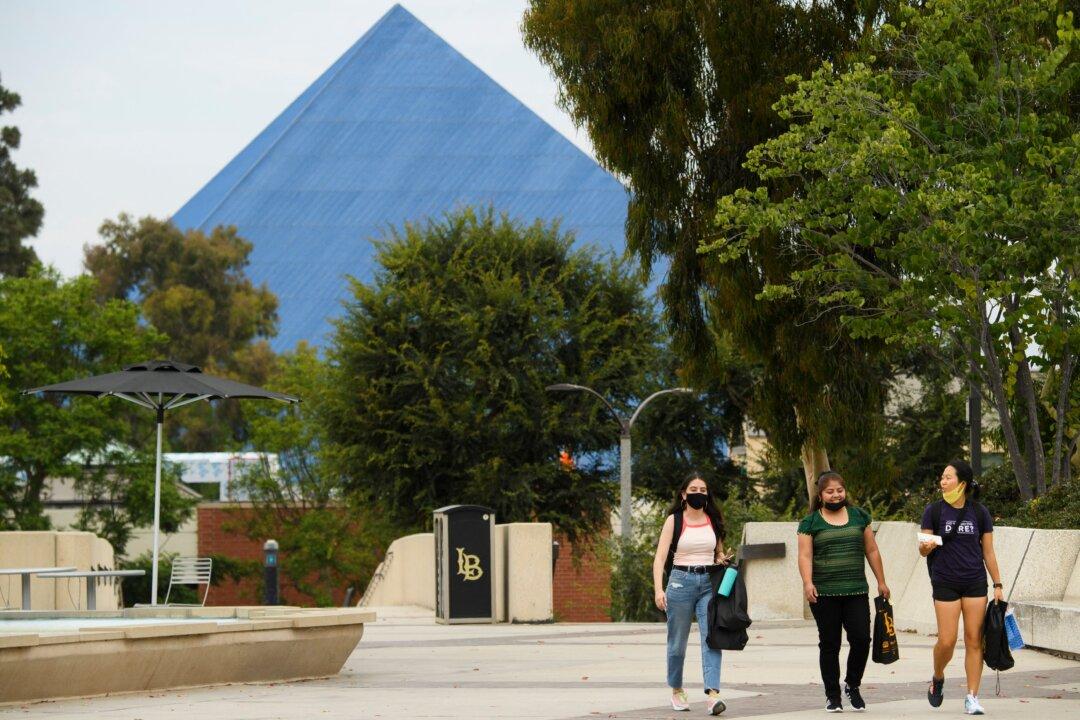The California State University (CSU) system will implement new general education requirements—initially created for transfer students—for all students in the system, including first-time freshmen.
CSU’s board of trustees voted March 27 to implement a streamlined, universal general education pathway for all students in the fall of 2025.





